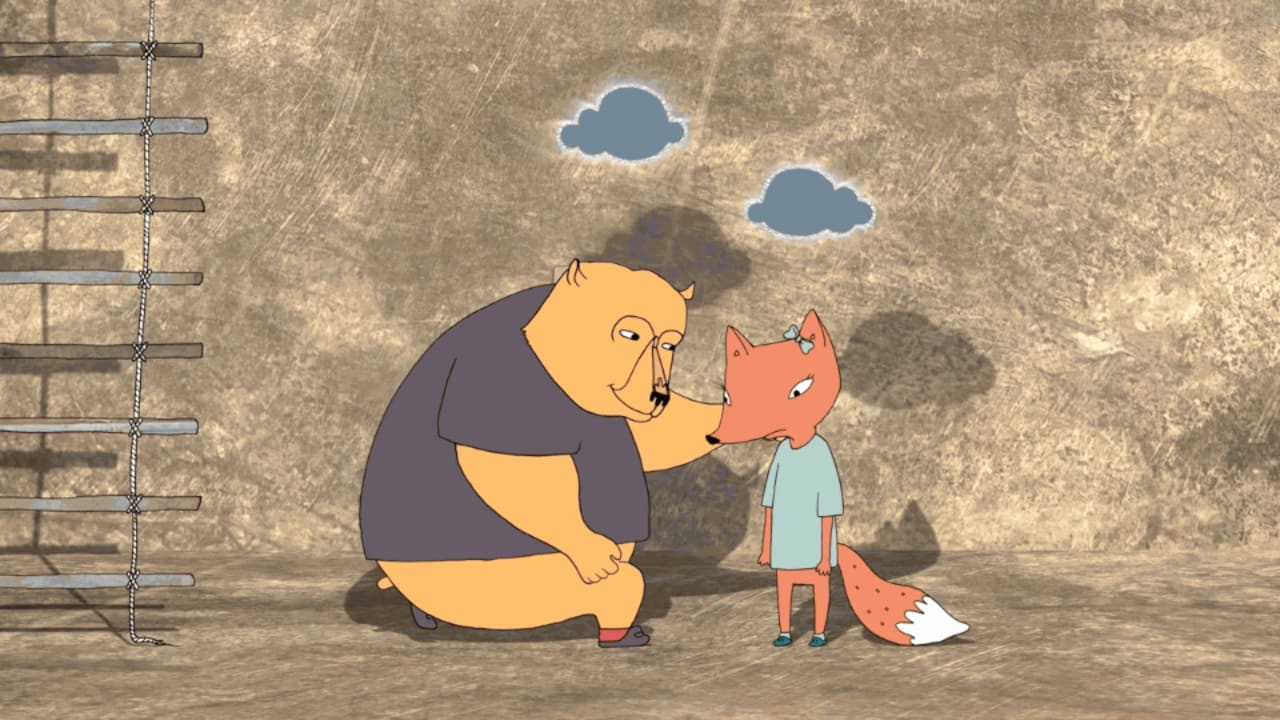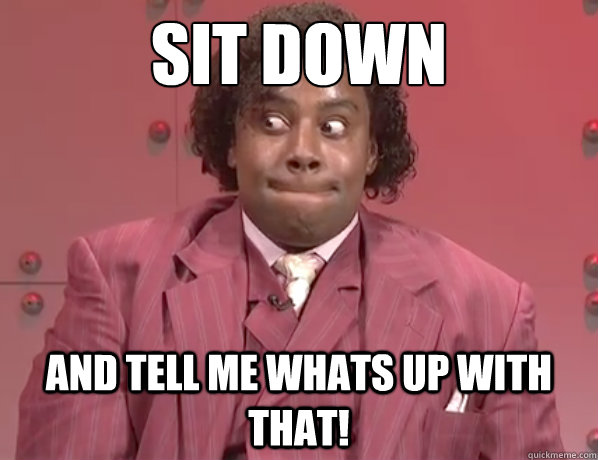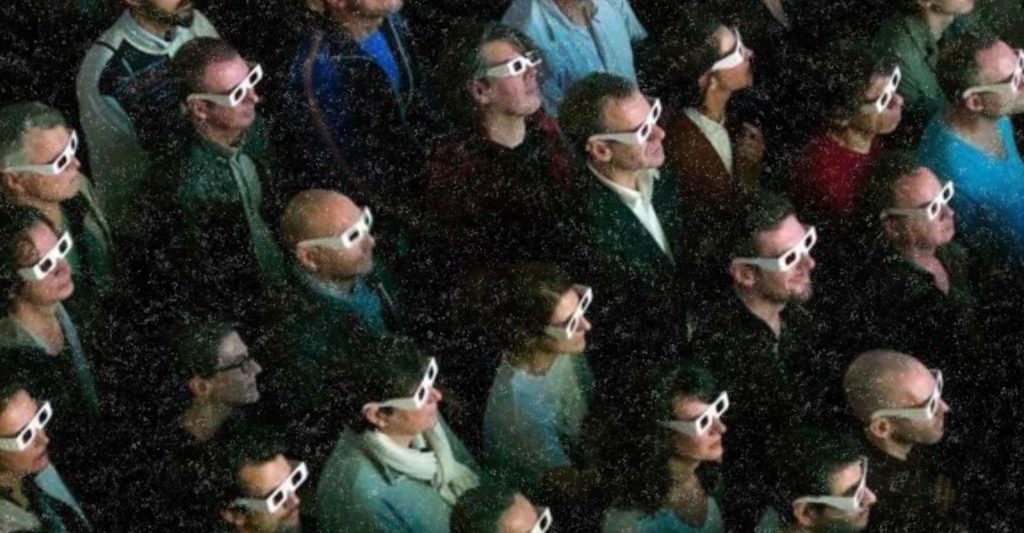EMPATHY IN OUR WORK WORLDS
Did you see the SNL episode where Will Ferrell and cast members reenact a dinner scene that hits too close to home? The SNL ‘dinner discussion’ skit portrays guests who are afraid to engage in a true dialogue of difference and opinion. While the skit is pretty hilarious, it also points out a growing issue in our society: we are losing the ability to talk about hard shit with one another. A byproduct of this loss? We are developing an inability to cultivate empathy for others. We see the effects of this in our daily lives and specifically our workplace.
Derived from Greek, empathy means ‘in feelings’. It is what we use to describe the ability to share and understand feelings with others. Empathy creates community, it says to someone “I see you and I am here”. We should all naturally exude empathy, right? I mean think about it, we’ve all been through some really tough ‘ish in our lives. To be human is to consistently meet challenges. When we show empathy to others we meet them with grace, love, and understanding.

Grace, love and understanding is summed up in two letters in the work world; HR (or the human resources department). Having a rough time or going through a personal matter? HR is the direction management immediately sends us in times of distress. Now let me be clear, I am a huge fan of HR it is where you can finds some of the most caring individuals and the heartbeat of companies yet I can’t help but feel we’re taking a human connection out of the workplace. Managers write referral emails almost as doctors would prescribe prescriptions. Colleagues speak in hushed tones and side glances hoping “the situation” will go away instead of offering support through connection and empathy. I’m not saying professional help isn’t good, I would say many times it’s necessary! But it’s equally as important to feel supported by the team of humans that you interact with on a daily basis.

The lack of support and feeling of isolation can foster unhealthy mindsets and even awaken the disease of depression in some. According to Mental Health America, depression is one of the top three issues in the workplace but more than often employees don’t seek treatment for fear of the effects it will have on their job and concerns about confidentiality. Depression has always held a stigma (especially with communities of color). This disease is ignorantly seen as weakness and something to be solved in isolation. The reality is 16.1 million Americans suffer with depression daily. So why the silence? This is a question that we’re starting to hear people speak their truths and bring the need to address this to light. Lately, we have seen a trend of celebrities step into speaking this truth and it’s been catching, most recently on the basketball court.
Athletic Empathy
Take Toronto Raptor Basketball player, DeMar DeRozan who recently shared his struggle with the world via twitter. Soon after his comment, his fellow athletes followed suit. Kevin Love (Cavaliers) and Kelly Oubre Jr. (Wizards) also opened up about their struggles with depression and anxiety. When DeRozan spoke out his bravery gave others support to do the same. When Love and Oubre spoke out they began to de-stigmatize. There is strength in numbers.
Improving Empathy in our Workplace
How do we replicate this empathy and openness to address depression in our own workplaces? System wide empathy and support with depression will take time. We must analyze and update cultural patterns and policies in a real way (not some BS checklist created for complacency). Charged to Human Resources, this is complicated and possibly time-consuming but necessary for long-term change. (Note: If you feel like these sentiments are ‘in left field’ where you work to inquire about the work your HR is doing.)
So what do we do as this work is underway?
In the meantime, let’s begin to offer our colleagues and friends the necessary empathy and space to evolve. Instead of asking your ‘work wife/hubby’ about the latest gossip on the new exec, try asking them how they are doing. Was there a dreaded meeting that colleagues are still recovering from? How about an impromptu Happy Hour or lunch outside the office space? We must begin to look deeper into each other. Then we will be able to truly connect and build together. Not only being able to talk about the hard ish that exists, but also making ourselves open to the vulnerability it takes to step into our work worlds with all of our human selves. Be brave and speak up and begin to normalize feelings of depression and isolation.
Dealing with some depression of your own? Maybe it’s the season. Check out our latest article on Climate Change and Depression





